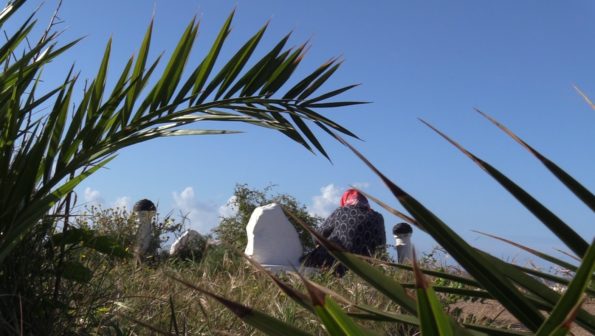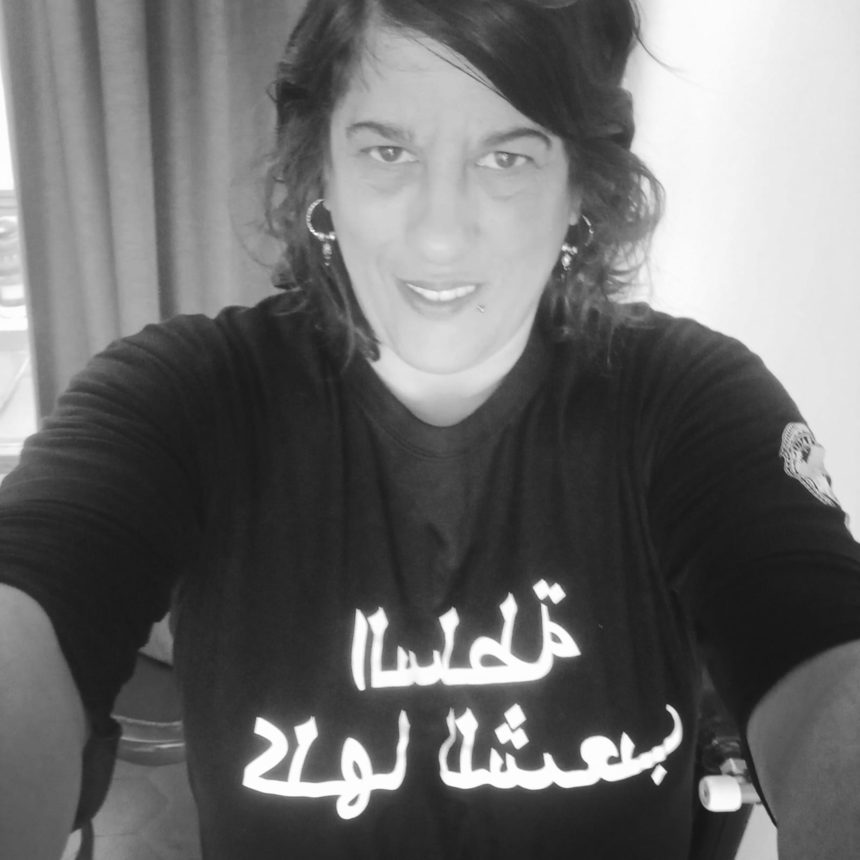Search
To search for an exact match, type the word or phrase you want in quotation marks.
A*DESK has been offering since 2002 contents about criticism and contemporary art. A*DESK has become consolidated thanks to all those who have believed in the project, all those who have followed us, debating, participating and collaborating. Many people have collaborated with A*DESK, and continue to do so. Their efforts, knowledge and belief in the project are what make it grow internationally. At A*DESK we have also generated work for over one hundred professionals in culture, from small collaborations with reviews and classes, to more prolonged and intense collaborations.
At A*DESK we believe in the need for free and universal access to culture and knowledge. We want to carry on being independent, remaining open to more ideas and opinions. If you believe in A*DESK, we need your backing to be able to continue. You can now participate in the project by supporting it. You can choose how much you want to contribute to the project.
You can decide how much you want to bring to the project.

When we think about the images, especially the films, that come to us from Morocco, our neighbor, so familiar and unknown at the same time, our condition as “we, Europeans” often gets in the way.
Just as we see the country and its people, so we see its cinema. Due to our ignorance of the land, stereotypes come to the surface that often reproduce the old, rooted colonial vision, forged over centuries of our neighbor’s otherness.
Thus, an exotic, colorful otherness appears, one that clings to tradition and folklore. We imagine a land full of subjugated women, a place where religion has a social impact that seems archaic to us. The negative images produced and reproduced as moral justification for colonialism and domination remain in our minds.
This month, four Moroccan cultural agents, related to cinema in different ways, reflect on the medium, its influence and its repercussions. We have not tried to cover the entire subject, nor to offer a compact, homogeneous and necessarily simplified vision of what auteur/independent/art cinema means in this context. We chose instead to stitch together a possible state of the medium with four subjective views that bring us closer to the subject.
We begin our journey with a splendid article by Léa Morin, who has been researching post-independence cinema for years, a Moroccan cinema of its own that struggles to escape the colonial gaze which cinema had constructed up to that moment. Part of her research led her to immerse herself in the personal archives of Ahmed Bouanani, a collective work of recovery of the personal documents of the filmmaker and film historian, whose posthumous work The Seventh Gate is the most complete text on cinema from Morocco during the 20th century. The cinema of A. Bouanani, and the material from his archives, continues to reveal a committed cinema capable of imagining and creating other futures.
Mariam El Ajraoui brings us closer to “independent cinema” in an excellent effort to define what this ambiguous terminology means when applied to Moroccan cinema. The confusion that this term provokes, and the perverse repercussions that this label has on the films that arrive in Europe, reveal the implicit and hidden neocolonial trap in the financing and distribution processes.
We also wanted to dedicate an article to the cinema that produces a feminine gaze. Far from making a list of all the films directed by women, Rim Mejdi shares with us some films that, by disrupting the hegemonic gaze, have marked her as a filmmaker, as a spectator and as a woman. Her analysis also shows the concern, verified during the Purple Meridians event organized by OVNI and Streen Cinema, shared by women filmmakers from various contexts: In addition to the difficulty of being a woman in a highly masculine field, there is a certain obligation to make films about women.
Finally, Abdelaziz Taleb brings us closer to the festivals and the options available for art films/videos to be shown to the public. He highlights the lack of coordination between the high level of acceptance of the medium by artists and the low level of interest it is given at the institutional and market levels. This situation is not so distant from what happens in our own context, inspiring artists to consider and seek opportunities in a broader regional environment.
These are some of the references:
Centre Cinematographique Marrocain
Institut National des Beaux Arts, Tetuan
(Highlighted Imge: Notre-Père des Fleurs de Dalila Ennadre)

With an educational journey in the field of Fine Arts and Anthropology, Ro Caminal develops his artistic practice exploring the world of re-presentation, undisciplinedly hybridizing between both fields.
"A desk is a dangerous place from which to watch the world" (John Le Carré)